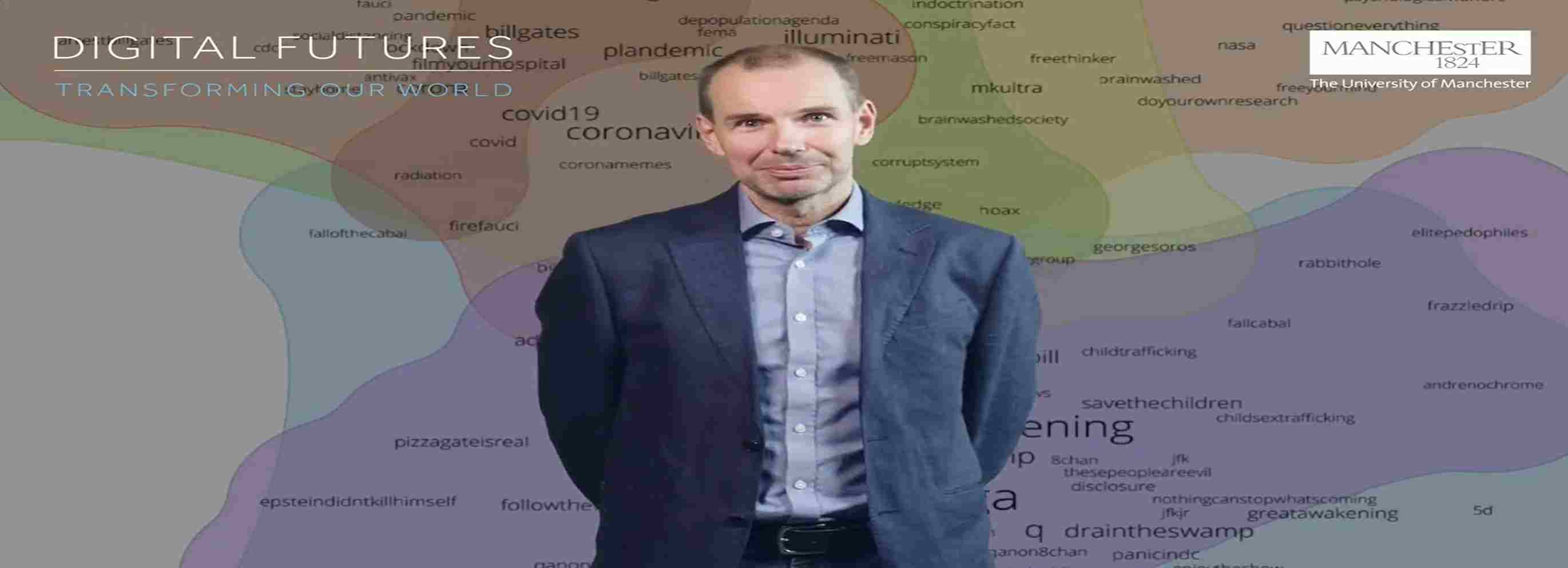Democracy and Trust
We focus on the threats and opportunities that digital technologies and AI pose to trust and security in democratic systems.
We are interested in how citizen trust in democracy and the underlying integrity and security of democratic institutions are being affected by the shift into a digitised world.
Research projects
Cluster members are involved in a range of research projects, including:
- Digital Campaigning and Electoral Democracy (DiCED) - a five-year, five-country, ERC-funded comparative project that builds a systematic and accurate picture of the nature, spread and extent of new forms of data-driven campaigning (DDC) across established and newer democracies, and investigates the consequences of these developments for citizens, parties and the wider democratic system.
- Democracy@Risk? Implications of AI and Digital Technology for Democracy - a scoping project to review and synthesise literature on potential threats to democracy through the use of digital technology, including microtargeting, misinformation and digital literacy.
- Digital Information Literacy Programme for Schools (funded by Aspect) - bringing key findings from social science research about the spread of misinformation, particularly around election campaigns to commercial providers of secondary educational resources with the goal of enhancing teachers’ and young peoples’ digital information literacy skills.
- Comparative Analysis of Conspiracy Theories in Europe (COMPACT) - an international interdisciplinary network that develops a comprehensive understanding of conspiracy theories.
- Infodemic: Combatting COVID-19 Conspiracy Theories - focuses on conspiracy theories as a particularly harmful kind of misinformation. The research will lead to improved strategies for combatting the spread of conspiracy theories in the pandemic and uses digital humanities and cultural studies to map how these narratives circulate in the online environment during the crisis.
- The Intended and Unintended Consequences of Data-Driven Campaigning - a three-year, four-country, Norface-funded comparative project, focusing on the intended and unintended consequences of data-driven targeting and digital persuasion. The study focuses on the micro (consequences for citizens), meso (consequences for political elites), and macro-level effects (consequences for democracy).
Research interests
- the growth of online misinformation campaigns (including the spread of conspiracy theories);
- increased public fears over privacy and surveillance;
- micro-targeting and data analytics in elections;
- the value of digital information literacy programmes as a means to protect and promote democratic norms.
People
Cluster Lead: Prof Peter Knight.
Co-lead: Prof Stephen Hutchings.
Members: Dr Jeffrey Whyte, Prof Rachel Gibson, Prof Hilary Pilkington, Prof Vera Tolz-Zilitinkevic., Dr Maxim Alyukov, Prof Sophia Ananiadou, Dr Riza Batista-Navarro, Prof Beatriz Buarque, Dr Esmerelda Bon, Allysa Czerwinsky, Sarah Ledoux, Maksim Markelov, Dr Mihaela Popa-Wyatt, Prof Alexandr Voronovici.

